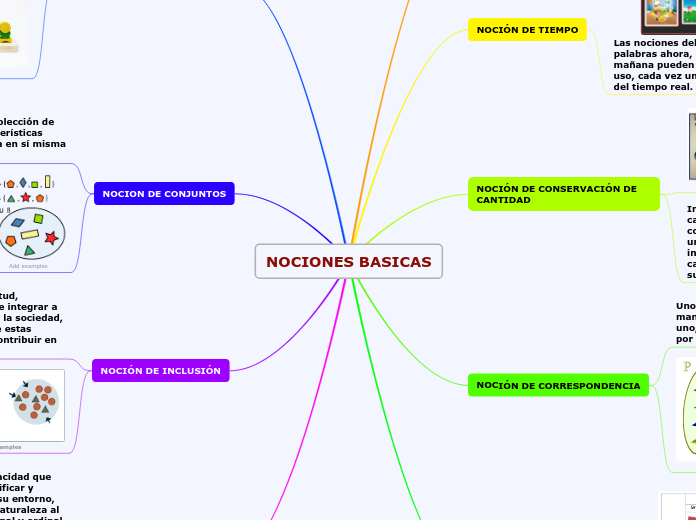par KAREN CORAIMA BARRIONUEVO CAIZALUISA Il y a 4 années
1692
NOCIONES BASICAS

par KAREN CORAIMA BARRIONUEVO CAIZALUISA Il y a 4 années
1692

Plus de détails
A noun is a word that functions as the name of some specific thing or set of things, such as living creatures, objects, places, actions, qualities, states of existence, or ideas.
Generic nouns are nouns that are part of a generic statement. Generic nouns can be singular or plural. The opposite of generic nouns is collective nouns.
The difference between definite/indefinite and generic nouns is that in the sentence there must be a blanket statement or question.
INSTITUTO TECNOLÓGICO SUPERIOR “VIDA NUEVA”
Nombre: Barrionuevo Karen
Carrera: Docencia
Fecha: 27-04-2021
Nivel: Cuarto
Jornada: matutina
Asignatura: Matemática I y su didáctica
Proper nouns are the names of specific people or places. They should always begin with a capital letter.
A concrete noun is a noun that can be identified through one of the five senses (taste, touch, sight, hearing, smell).
Possessive nouns are nouns which possess something, normally another noun.
Countable nouns are nouns that can be counted, even if the number might be extraordinarily high.
Uncountable nouns are nouns that come in a state or quantity which is impossible to count; liquids are uncountable, as are things which act
like liquids.
Common nouns are words for people, places or things that aren’t specific (as opposed to a proper noun which refers to only one person, place or thing).
Common nouns can be countable or uncountable, singular or plural.
A noun which refers to a group of things/people.
A noun which cannot be identified by using one of the five senses (taste, touch, sight, hearing, smell).
Irregular nouns are nouns which don’t follow a spelling pattern when pluralized.